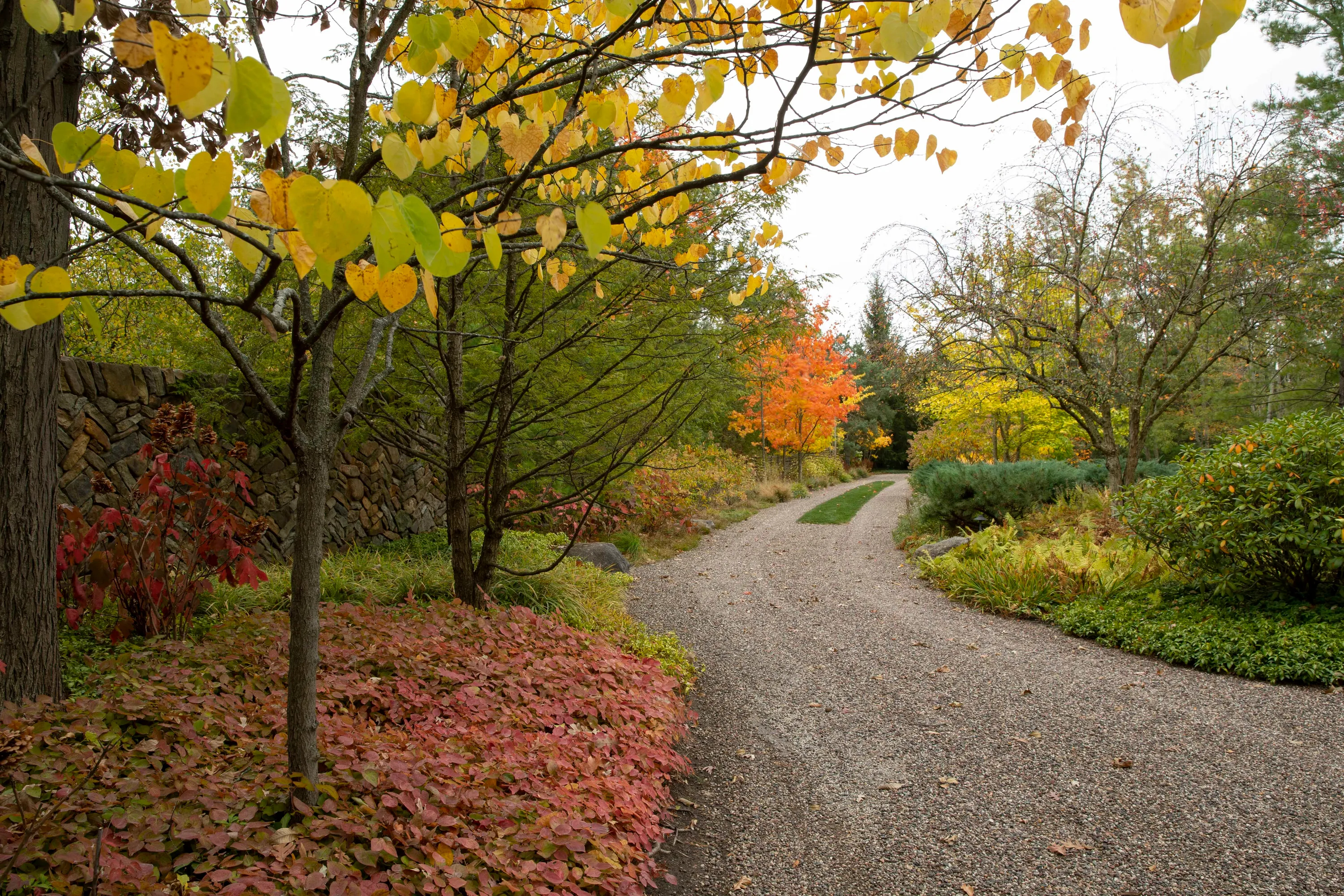
To Leave Fallen Leaves in your Yard or Not, That is the SERIOUS Question.
Many homeowners feel pressure to rake up fallen leaves to keep their yards neat and satisfy neighbors, but it's important to remember that leaving leaves in your yard can offer numerous benefits.
While some may argue that raking and bagging leaves for disposal is better for the environment, the natural decomposition of leaves provides significant ecological advantages. As leaves break down, they create natural fertilizer, mulch, and even help suppress weeds. Additionally, fallen leaves serve as an essential habitat for various species, fostering a rich micro-ecosystem. Many insects, small animals, and microorganisms thrive in the layers of leaves, contributing to biodiversity. The layer of leaves also acts as an insulating blanket for your yard during the cold winter months, helping protect plants and soil from freezing temperatures.
However, some homeowners worry that a buildup of leaves may harbor pests like ticks, snakes, and other undesirable creatures. If you’re concerned about this, it’s important to note that leaving a small amount of leaf cover (about 20% or less of your lawn) will have less of a chance for those creatures to hide in. For thicker layers of leaves, mulching is a great alternative that will help break them down more quickly while keeping your lawn healthy. If bagging leaves is a must, simply place your leaves in compostable yard waste bags and send them to a mulch facility, instead of the landfill. According the Environmental Protection Agency, leaf bags are rarely placed in the incinerators at landfills, as they are too wet and contribute to harmful smog-producing gases when burned.
Overall, an appropriate amount of leaves is good for the environment. If you have the ability to mulch your excess leaves, do that and put them back in your garden beds! This is giving homes for all the insects and animals that need a place for warmth during the winter months as well as providing nutrients to your garden. If you have to dispose of them, try to send them to a mulching facility instead of landfills.